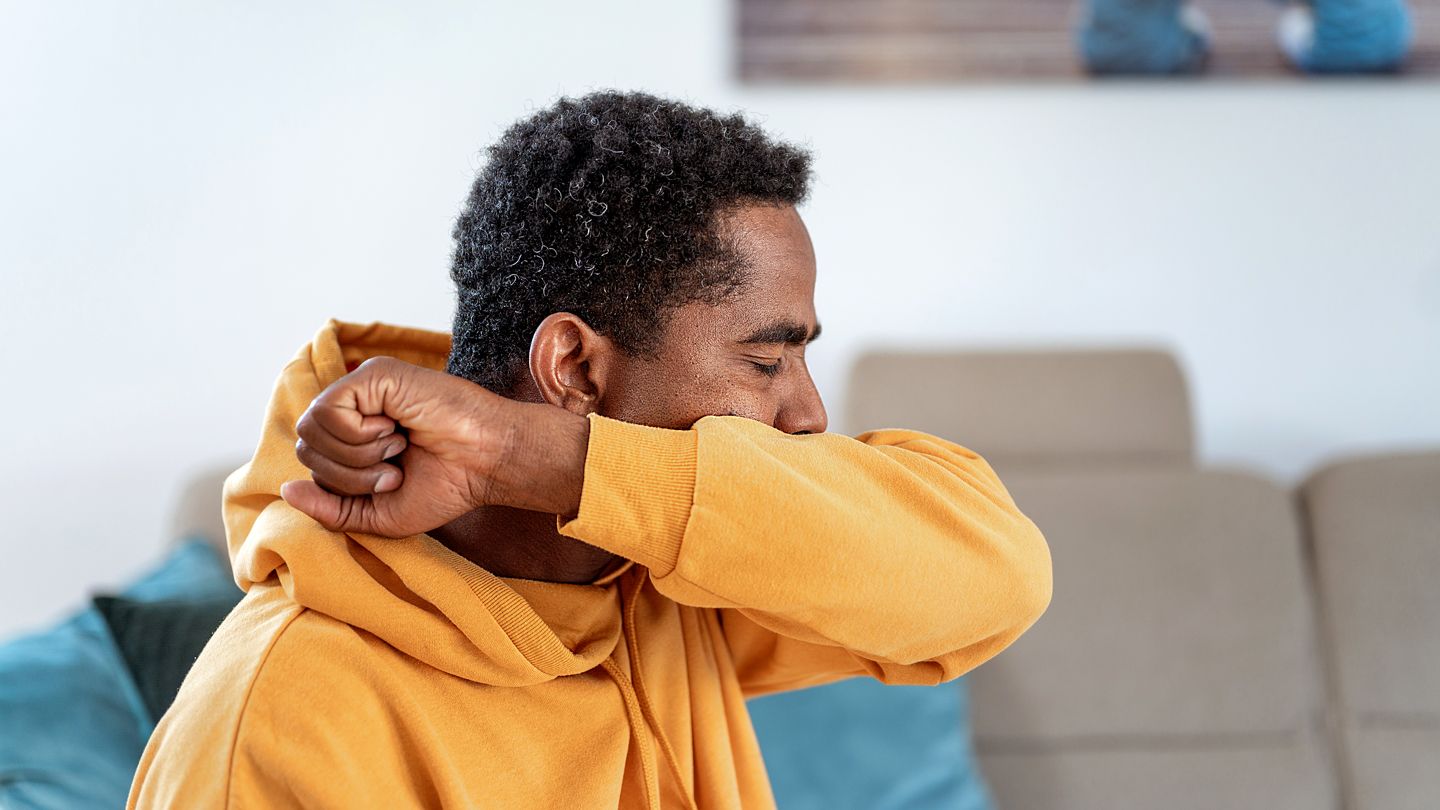
How to identify a pneumonia cough and fever and tips to prevent it
Pneumonia is a serious respiratory illness that affects millions of people every year. It is caused by an infection of the lung tissue and can lead to severe symptoms such as cough, fever, shortness of breath, chest pain, and fatigue. Early identification and prompt treatment of pneumonia is essential for a quick recovery and to prevent complications. In this blog, we will discuss the signs and symptoms of a pneumonia cough and fever and tips to prevent the disease.
Identifying a Pneumonia Cough and Fever
One of the most common symptoms of pneumonia cough, which is often accompanied by phlegm. The cough can be dry or productive and may worsen at night or after physical activity. In some cases, the cough may be accompanied by chest pain, which can be sharp or dull.
Another common symptom of pneumonia is a high fever, which is often accompanied by sweating, chills, and fatigue. The fever may be accompanied by a headache, muscle aches, and weakness. In addition to these symptoms, other signs of pneumonia can include shortness of breath, rapid breathing, rapid heartbeat, and low oxygen levels. If you experience any of these symptoms, it is important to seek medical attention as soon as possible.
A doctor will be able to perform a physical examination and may also order tests such as a chest X-ray, blood tests, or a sputum culture to diagnose the condition.
Tips to Prevent Pneumonia
While pneumonia can be a serious illness, there are several steps you can take to reduce your risk of contracting the disease. Here are a few tips to help prevent pneumonia:
Get vaccinated: One of the most effective ways to prevent pneumonia is to get vaccinated. The pneumococcal vaccine is recommended for all adults and is especially important for people with chronic medical conditions, such as diabetes, heart disease, or lung disease.
Wash your hands regularly: Regular hand washing is an important step in preventing the spread of pneumonia. It is especially important to wash your hands after using the bathroom, blowing your nose, or sneezing.
Avoid close contact with people who are sick: If you are around someone who is coughing or sneezing, it is important to avoid close contact with them. This can help reduce your risk of catching the disease.
Stop smoking: Smoking is a major risk factor for pneumonia, as it weakens the immune system and makes it easier for bacteria to infect the lungs. If you smoke, quitting is one of the best things you can do to reduce your risk of pneumonia.
Eat a healthy diet: A healthy diet can help keep your immune system strong and reduce your risk of pneumonia. A diet that is rich in fruits, vegetables, and whole grains can help keep your immune system functioning properly.
Get plenty of rest: Getting enough sleep is important for a healthy immune system. If you are tired, your body is less able to fight off infections.
Visit DocMode for Courses and lectures

